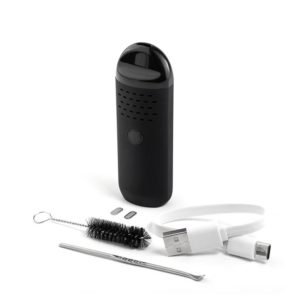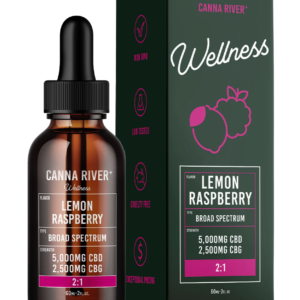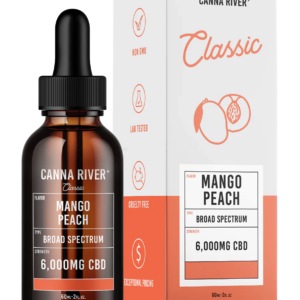Cannabidiol Definitions
We understand that there are some confusing terms related to Cannabidiol, so we wanted to take the time to explain them to you. Below is a list of the most important terms to understand related to Cannabidiol:
-
Cannabis – A type of flowering plant that includes three distinct variations: Cannabis ruderalis, Cannabis indica, and Cannabis sativa. Cannabis has a wide range of industrial and medical applications. It has been used since antiquity for its sturdy fiber, for oils, and for medicinal purposes. However, it has also been used as a recreational drug, a fact that renders the cultivation of cannabis strictly regulated because of some variations including high concentrations of THC.
-
Hemp – Hemp refers to the high-growing varieties of cannabis that are grown to be specifically used for fiber, oil, and seeds. These are then refined into numerous products including wax, resin, cloth, pulp, paper, rope, fuel, and hemp oil.
-
Cannabinoids – A very diverse chemical family that includes natural as well as artificially created substances. Different cannabinoids have widely varied effects, with some cannabinoids proven to have medically beneficial effects and others classified as illegal drugs.
-
CBD – A naturally occurring cannabinoid, and the second most abundant constituent of the Cannabis plant. CBD is legal and safe to consume, yet has long been in the shadow of THC.
-
THC – The most abundant constituent of the cannabis plant and a strongly psychoactive cannabinoid, THC is responsible for getting “high” from smoking marijuana and, as a result, its production and usage are strictly regulated.
-
Psychoactive – Any chemical substance that can enter the brain from the bloodstream and directly affect the central nervous system is considered psychoactive. Many psychoactive substances have medical applications (such as anesthetics, psychiatric drugs, etc.), but some of these substances are used solely for recreation, causing dangerous side effects and addiction.
-
Intoxicating – Any substance that can cause you to lose control of your faculties and alter your behavior is considered intoxicating. Almost all illegal drugs have intoxicating properties, although worldwide most intoxication cases are attributed to alcohol. Intoxication can be caused by substances that directly affect the brain (i.e., psychoactive) or by indirectly causing damage to your organism (i.e., through toxicity, hence the term).
Closing Words / What Makes CBD Different
In today’s world, there are countless dietary supplements on the market. Yet, even as a newly popularized supplement, CBD stands out as a natural remedy to several fairly common problems. In addition, scientists are staying open the possibility of wider applications of CBD in the near future — like this recent research.
For many people, CBD products are becoming a healthy addition to their daily lives. However, since each person’s needs are different, we always encourage you to do your own research to see if CBD oil is right for you.
As we strive to be the most consumer-focused provider of CBD oil in the market, we will be creating more articles to point out the most recent CBD research and all related scientific breakthroughs.
Our aim is to provide a balanced and accurate view of everything and anything related to the use of CBD as a dietary supplement, so stay tuned for more objective information about CBD and always be prepared for some critical thinking and research of your own as well.




